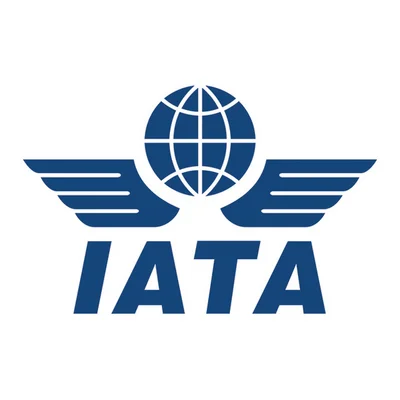Airlines have been adjusting their engine choices for the Boeing 787, with several opting to switch from Rolls-Royce's Trent 1000 engines to those offered by GE Aerospace. British Airways has notably been affected, having canceled long-haul routes due to capacity management issues linked to supply shortages of Rolls-Royce engines.
GE Aerospace's GEnx engine has been gaining traction among airlines. The company claims its engine provides a 1.4% better specific fuel consumption over "the competition for a 3,000 nautical mile mission." Additionally, the GEnx offers three times higher time on the wing and a 99.98% dispatch rate.
Rolls-Royce highlights that its Trent 1000 is 20% more fuel-efficient than the older Boeing 767 model it replaced and maintains a dispatch reliability of 99.9%. Despite these attributes, the Trent 1000 faced significant reliability challenges in recent years, starting in 2016 when All Nippon Airways discovered turbine blade corrosion and cracking issues. This led to grounding aircraft by carriers such as Air New Zealand and Virgin Atlantic.
 Alerts Sign-up
Alerts Sign-up




































